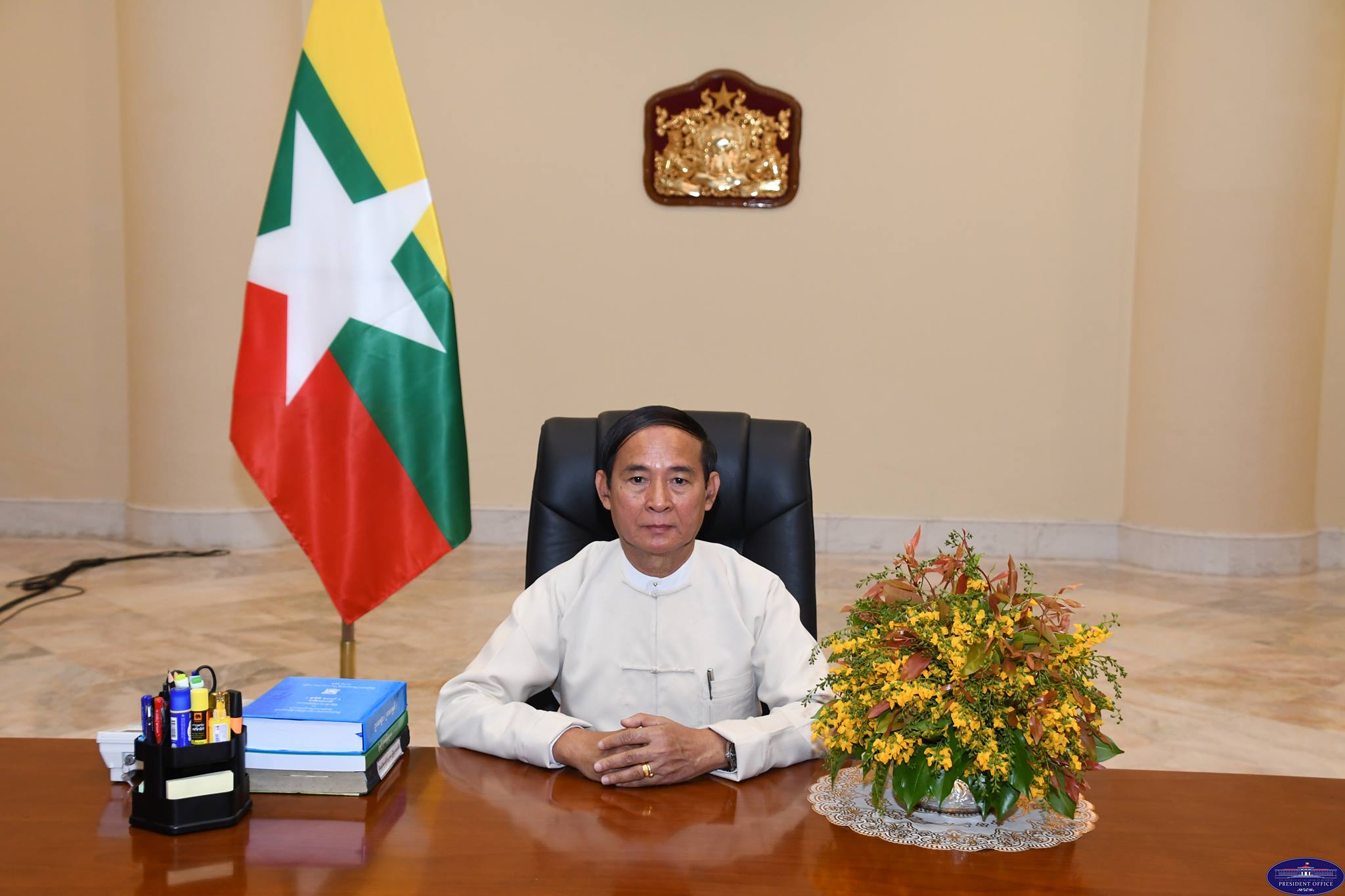
Myanmar started releasing more than 9,500 prisoners on Wednesday as part of its annual amnesty marking the country's traditional new year, but Reuters journalists Wa Lone and Kyaw Soe Oo will not be included, said an NGO advocating for political prisoners.
President Win Myint announced in a statement Wednesday the pardons were granted on humanitarian grounds during the Buddhist New Year festival known as Thingyan.
A total of 16 foreign prisoners are expected to be pardoned and deported, while 9,535 local prisoners are expected to be freed, Win Myint said.
But an NGO that helps political prisoners said the release will not include Reuters journalists Wa Lone and Kyaw Soe Oo.
The duo were sentenced to seven years under the Official Secrets Act after reporting on the military's atrocities committed against the Rohingya Muslim minority in strive-torn Rakhine state—work which they received a Pulitzer prize for on Monday.
"They will not be included. We got this information from an Insein prison source," said Bo Kyi, founder of the Assistance Association for Political Prisoners (AAPP).
"Journalists should not be imprisoned... That directly contradicts with democracy."
Reuters also reported that Wa Lone and Kyaw Soe Oo were not among those being pardoned.
According to AAPP, there are currently 46 political prisoners in Myanmar's jails and around 300 others are facing trials linked to political activities.
By 6pm, Bo Kyi told AFP he had received word of only two political prisoners released, and the amnesty process might continue through the next day.
Myanmar has freed thousands from its jails since a military junta ceded power in 2011 after five decades of brutal repression.
But John Quinley of Fortify Rights said Wednesday's amnesty should have extended to anti-war activists Lum Zawng and Zau Jet, who were jailed last year for demonstrating against the decades-long fighting between the military and ethnic Kachin insurgents.
"The amnesty could have also included the many Rohingya men and boys who have been unjustly jailed with no fair trial in Rakhine state on terrorism-related offenses," Quinley told AFP.
"Many of these men and boys are farmers and should be urgently freed."

